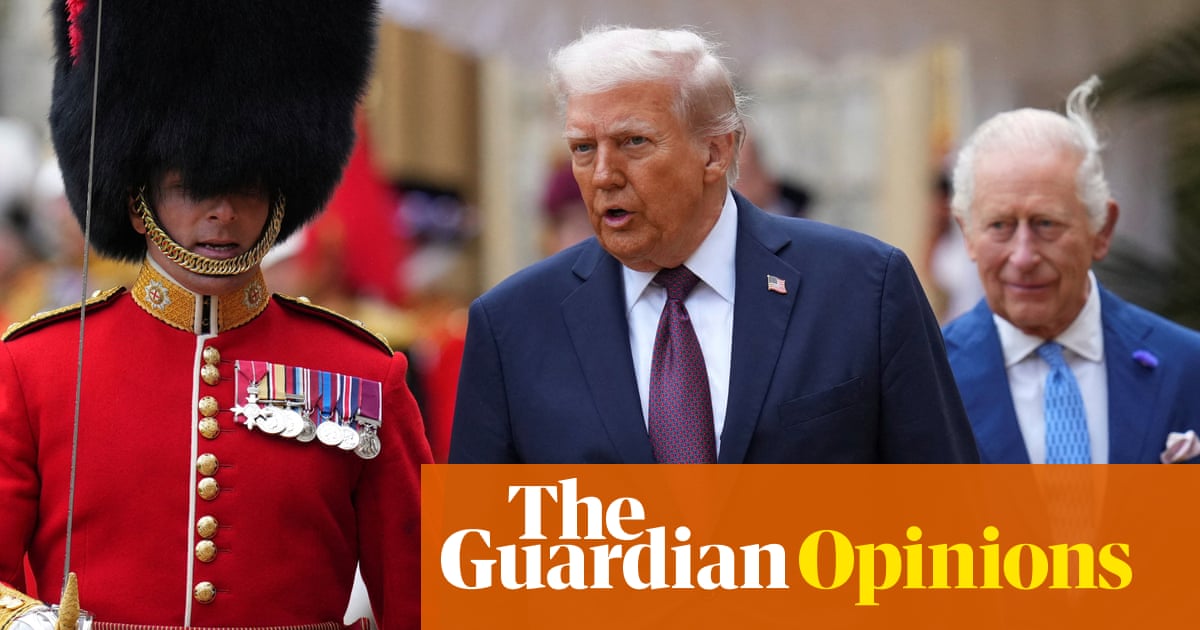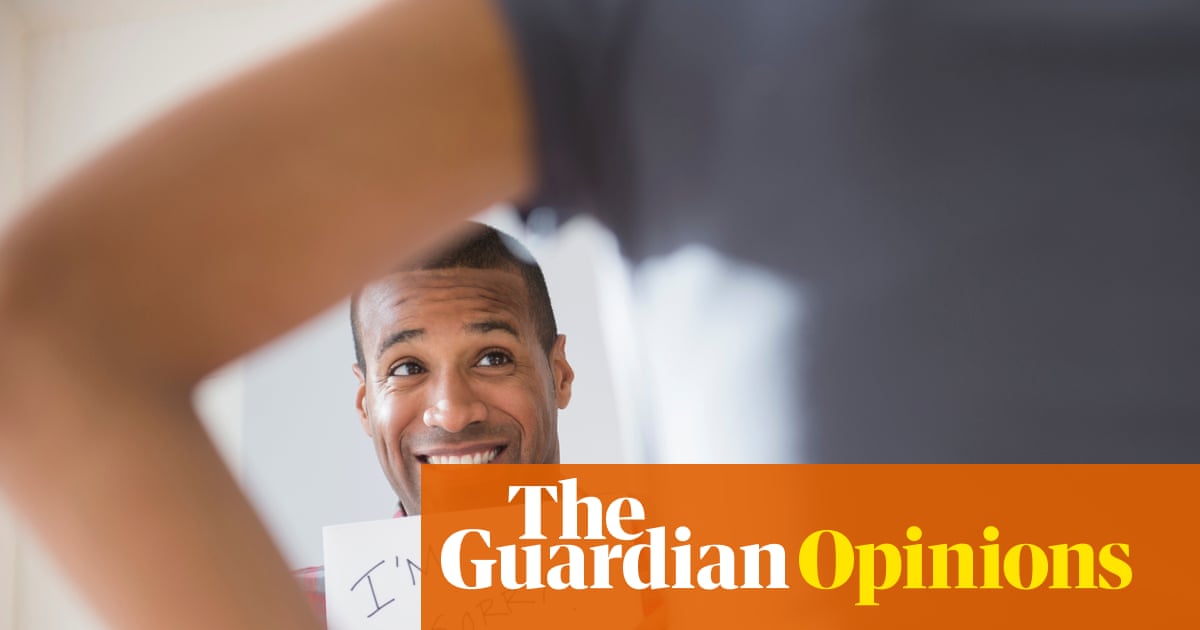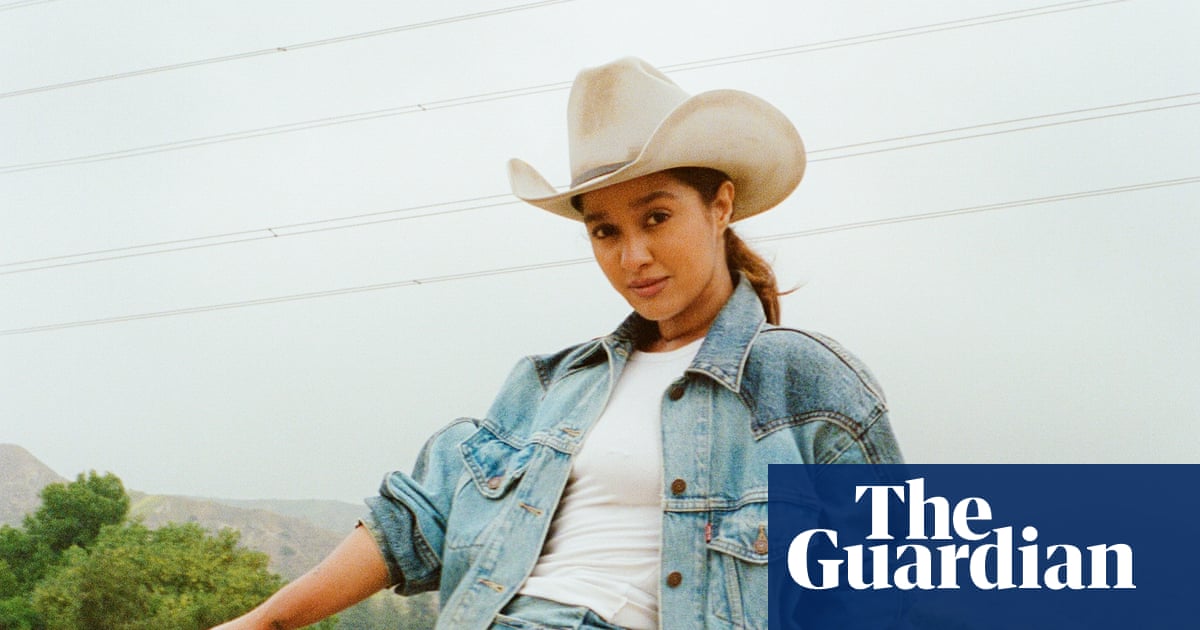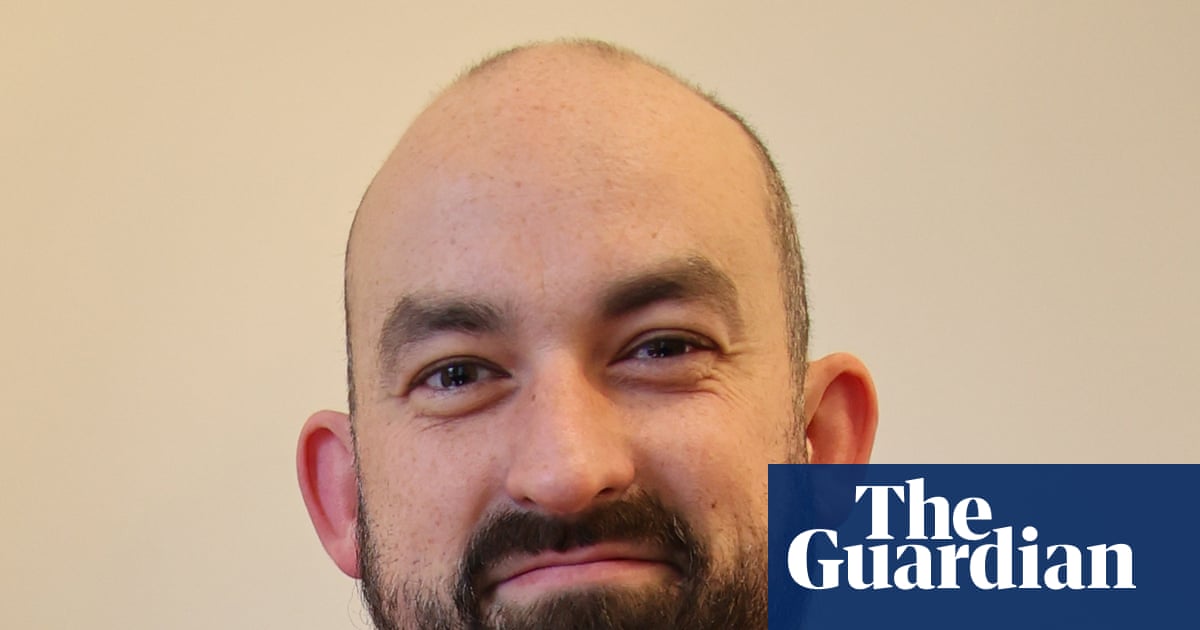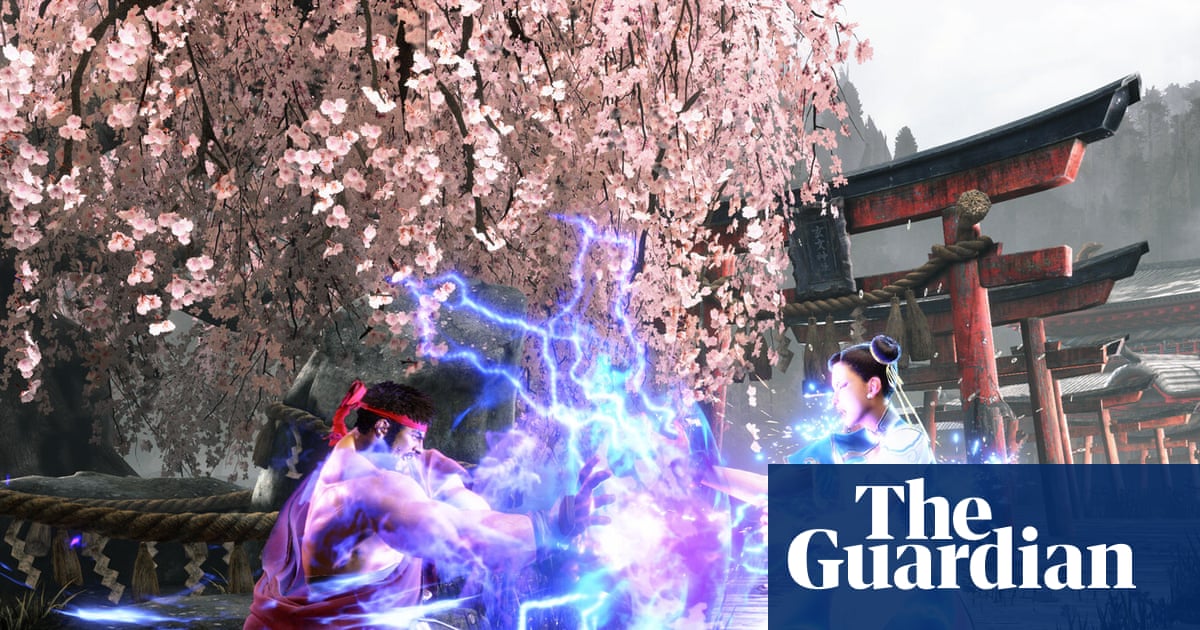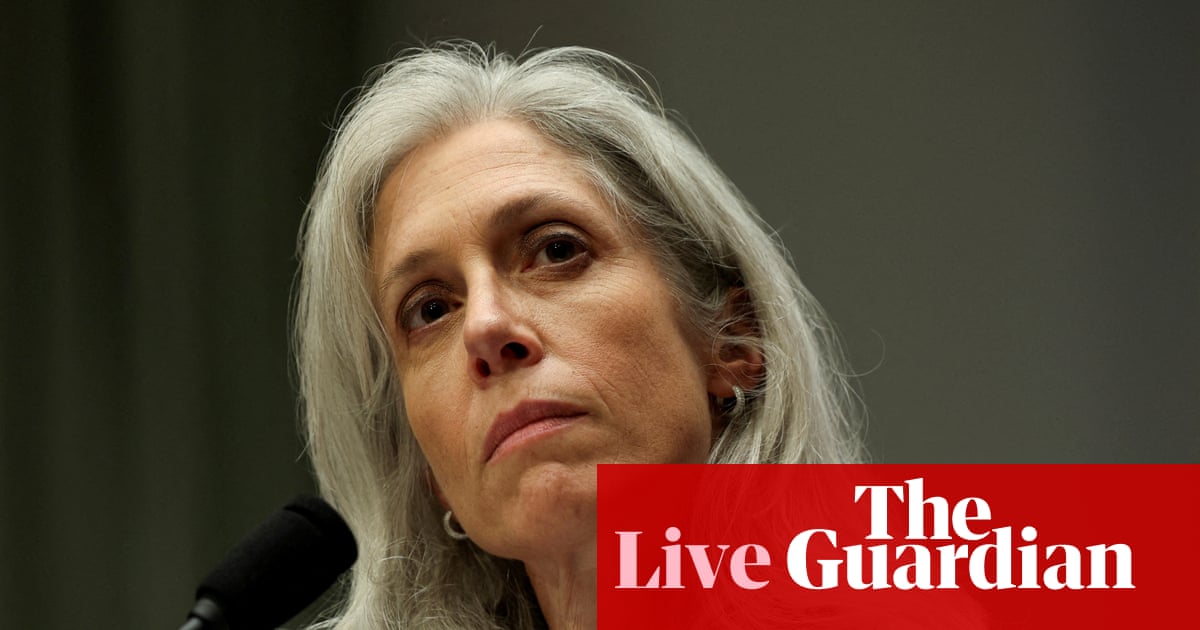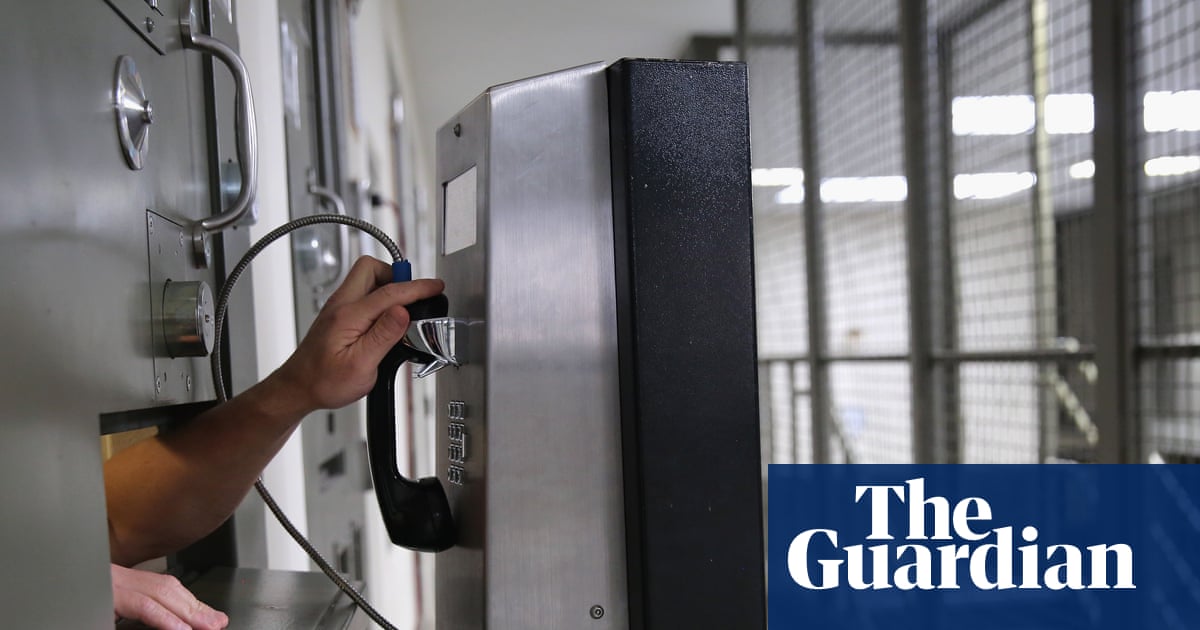As Donald Trump tries to contain an ugly rift with his own supporters about the Jeffrey Epstein sex-trafficking scandal, influential media personalities in the Maga movement face a tricky dilemma.
Should they close ranks with the US president – who has denounced demands for more information on Epstein as a “waste [of] Time and Energy” about “somebody that nobody cares about” – or pick at a political wound that the Trump administration desperately wants to scab over?
While some conservative pundits, such as Steve Bannon and Ben Shapiro, seem to be trying to move on, Tucker Carlson has become a persistent gadfly of the Trump administration’s handling of the Epstein controversy, among other points of contention.
At a political conference in Florida earlier this month, Carlson devoted much of a 45-minute speech to criticizing the Trump administration and the conservative establishment from the right – for being too close to Israel; for the strike on Iran, which Carlson called a less deadly threat to Americans than the drug epidemic; and for failing to give the Maga movement satisfying answers to their questions about Epstein’s influence and connections.
Carlson’s speech, at a Turning Point USA event in Tampa, did not criticize Trump directly. Carlson did not generally even mention him by name, except to note that in the last election he publicly supported Trump, whom he “love[s] personally” and campaigned “with and for the president”.
But he compared the White House’s dismissive attitude to the Epstein story with what he described as the sneering liberal establishment that Trump campaigned against. The left “would dismiss [critics] out of hand – ‘You are not worth listening to,’ ‘Be quiet,’” Carlson told a receptive audience of young rightwing activists. Now the Trump administration was doing the same, he argued.
“And I think that’s really at the heart of why the Epstein thing is so distressing,” he said – “the fact that the US government, the one that I voted for, refused to take my question seriously, and instead said: ‘Case closed; shut up, conspiracy theorist,’ was too much for me. And I don’t think the rest of us should be satisfied with that.”
Carlson returned to the Epstein controversy again on Friday. In a nearly three-hour interview with Darryl Cooper, a popular podcaster who has been criticized for making misleading historical claims, he and Cooper speculated about the sources of Epstein’s wealth and power and suggested he might have been protected by powerful people.
Many in Trump’s political base believe that Epstein, who died of apparent suicide in 2019 after being charged with sexually trafficking minors, was killed so that he couldn’t reveal a “client list” implicating other powerful men. Trump has fanned the theory in the past by insinuating that the Clinton’s were linked to Epstein’s death.
The current furor began when the US Department of Justice and FBI seemed to say, earlier this month, that they consider the Epstein saga closed – enraging Maga fans and sparking an unusually strong challenge to Trump’s control of the movement he founded.
The controversy took another turn when, this Thursday, the Wall Street Journal reported that Trump contributed a winking letter, including a doodle of a nude woman, to a Festschrift of sorts that Ghislaine Maxwell, Epstein’s girlfriend, compiled in 2003 for Epstein’s 50th birthday. Trump denied the story and, on Friday, said that he is suing the Wall Street Journal’s publisher for libel.
In the short term, the Wall Street Journal development actually seems to have rebounded slightly to Trump’s advantage: he has been able to frame the story, to conservatives, as evidence of a media smear campaign against him. Yet that may not be enough for Carlson.
In a way, his ire over the handling of Epstein has opened the door to harsher critiques writ large. In his Turning Point speech, Carlson argued that the rightwing establishment is more invested in battles over cultural questions, such as the inclusion of transgender athletes in women’s sports, than in the bread-and-butter material realities that concern average Americans.
Disparaging the idea that GDP is a good indicator of a country’s wellbeing, he said that visiting Tokyo is “the single most radicalizing experience you’ll ever have”, because the city is “so nice” even though Japan has a weaker economy, on paper, than the US does.
Like Bannon and others in the populist wing of the Maga movement, Carlson has often been at odds with the traditional Republican coalition’s lingering preference for free markets, free trade and hawkish foreign policies.
His personal measure of national prosperity, he said, is if his adult children can afford to buy houses – with their incomes from full-time jobs, and without parental assistance. Yet even “35-year-olds with really good jobs can’t afford a house unless they stretch and go deep into debt,” he said. “And I just think that’s a total disaster.”
He argued that part of the reason that young Americans are attracted to socialism is because they no longer have any stake in the capitalist system. The difficulty of buying a house is also contributing to falling birth rates, he argued.
Political observers have often speculated that Carlson might eventually run for president as a successor to Trump. Conservative analysts have said that he would have an extremely strong shot of securing the Republican nomination. Yet Carlson himself has not shown any strong indications that he wishes to do so, and has often described himself as lazy and as viscerally repulsed by the idea of holding office.
“I have zero ambition, not just politically but in life,” he told Semafor in 2022. “My ambition is to write my script by 8pm – and I’m not just saying that, ask anyone who works with me or knows me … I don’t want power, I’ve never wanted power. I’m annoyed by things and I want them to change. But I’ve never been motivated by a desire to control people.”
This March, he said on a podcast that he views JD Vance as the best hope for post-Trump conservatism. The US vice-president, he said, is the “only person in the entire Republican party, from my position, who’s capable of carrying on the Trump legacy and expanding it, making it what it should fully be”.

.png) 1 month ago
26
1 month ago
26
